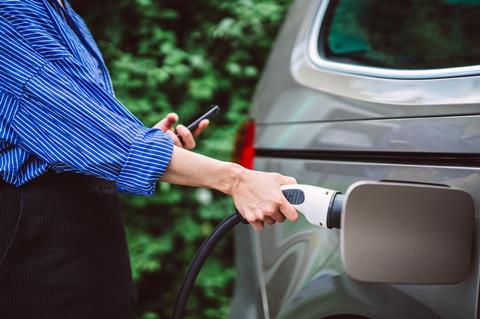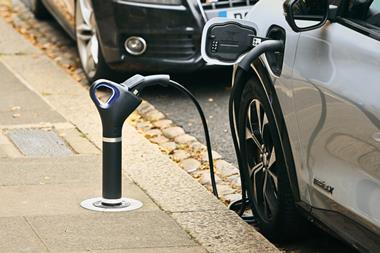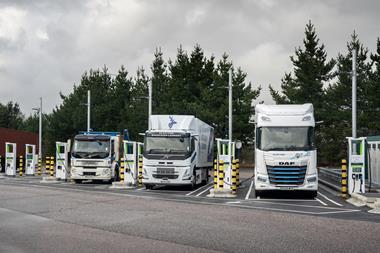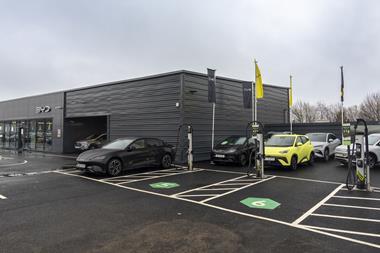
Analysts are warning that it will be a “Herculean task” to get the energy infrastructure in place to support the UK’s target of 80% of new car sales being electric by 2030.
The government zero emission vehicle plans would see electric cars accounting for up to 5% of total power demand, warns energy information provider Montel.
And it says that there are concerns whether buildout capacity will be adequate, as the UK moves towards a carbon-free grid by the end of the decade.
If the sales target is achieved, it says that the National Electricity System Operator forecasts a significant surge in electricity demand, with cars alone accounting for a 143% rise in annual electricity consumption by 2029.
However, Montel’s senior energy analyst Fintan Devenney, says that “if everyone steps up their game”, there will be capacity to cope with this demand. But he adds, “it’s going to require everything that could possibly go wrong to go right”.
The government aims to build a “clean” power grid, with offshore wind projected to nearly triple by 2030. However, industry analysts are sceptical, noting that the shift from fossil fuels to renewable sources of power will require an immense effort from the government, grid operators and energy producers, says Montel.
And so Montel says that despite an anticipated growth in renewable energy sources, experts are warning of the “Herculean task” of expanding the UK’s green energy capacity to meet the rising need.
There are also concerns from the Alliance of British Drivers that the plan could be hindered by “unreliable” renewable sources, which may lead to grid instability and power shortages.
But others are more optimistic. Ben Nelmes, chief executive of green non-profit organisation New Automotive, believes the target is achievable if the government continues its efforts to incentivise EV adoption and scales up the charging infrastructure.
However, says Montel, the rapid expansion of public charging points remains a critical challenge, as the UK currently lags behind countries like Norway in terms of charger availability.
It says that with a significant push from government investment in EV infrastructure, the UK could avoid a major setback on its road to electrification. However, it adds, the success of these efforts hinges on coordination, planning and rapid action in the years leading up to 2030.































